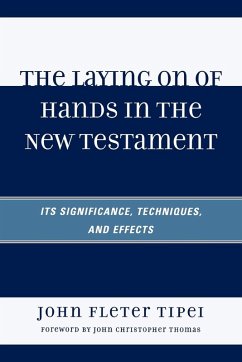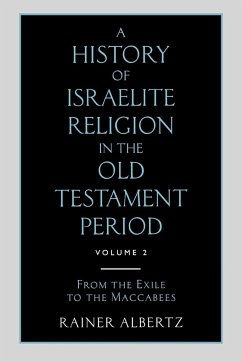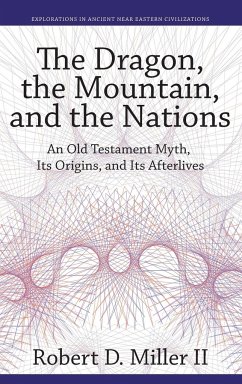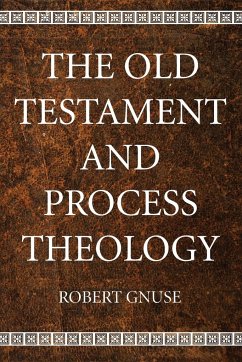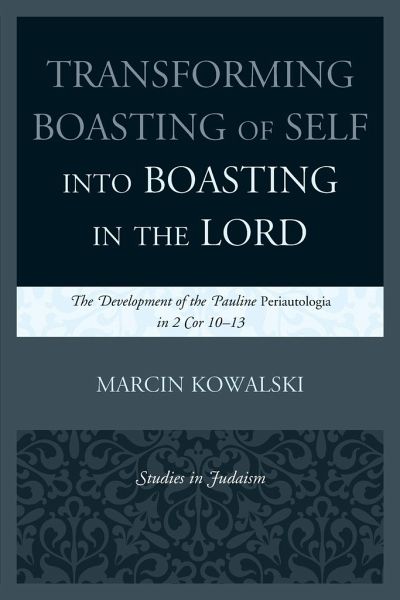
Transforming Boasting of Self into Boasting in the Lord
The Development of the Pauline Periautologia in 2 Cor 10-13

PAYBACK Punkte
29 °P sammeln!
This book uses rhetorical analysis to illuminate one of the most fascinating and complicated speeches by Saint Paul: 2 Cor 10-13. The careful crafting of his discourse based on Christological principles ultimately speaks for qualifying it as a self-praise speech (periautologia) with a pedagogical, not defensive, purpose.










